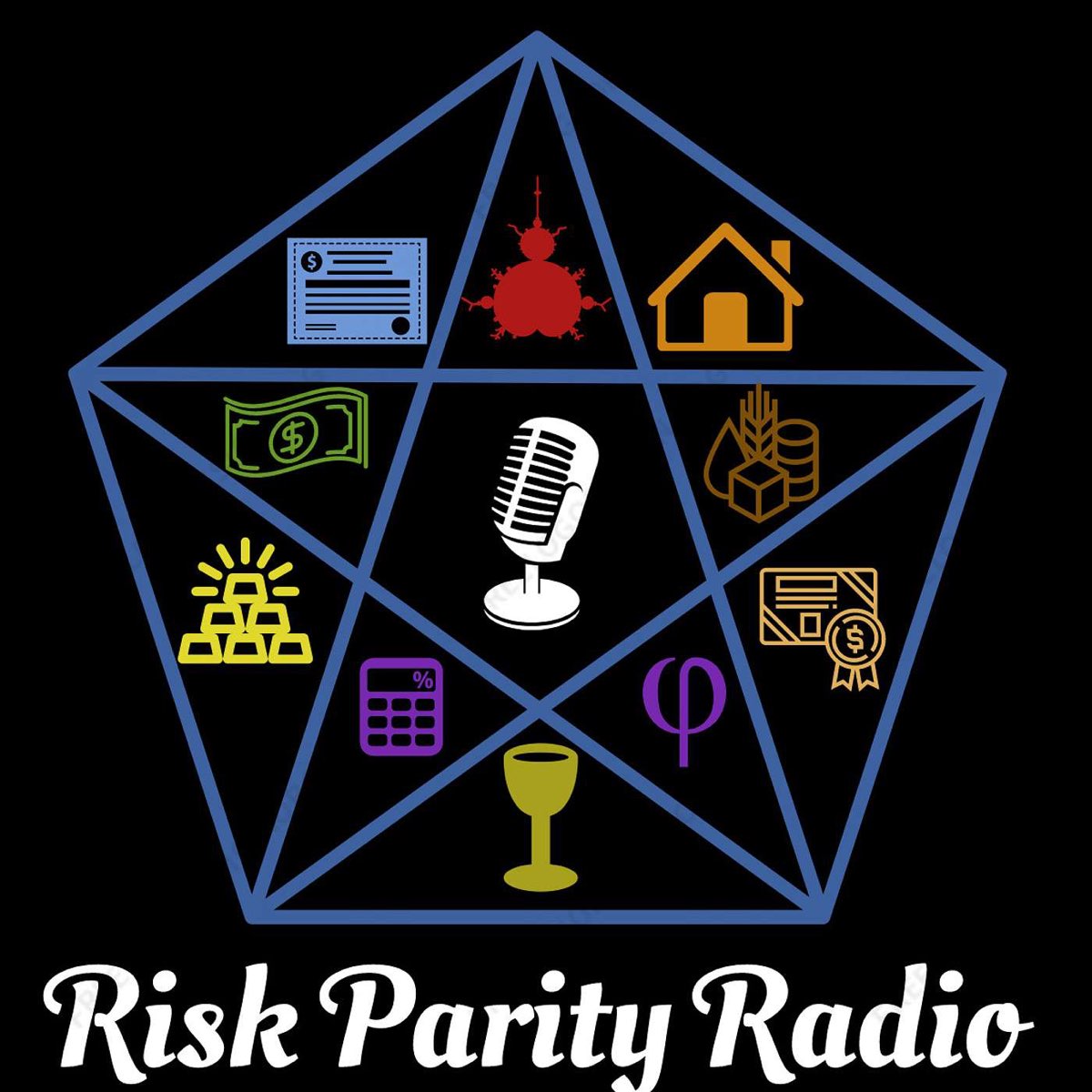Agreed. That’s why I always preface my posts with “for me” or “if invested.” I do assume that people posting in hear aren’t taking SS early because they have to do so.This isn't quite right - this is probably from birth. A 65 year old dude, on average, lives to 82. A woman to 84.Social Security Administration: https://www.ssa.gov/oact/STATS/table4c6.html
Males 73.54 years; Females 79.30 years
The vast, vast majority of people who take SS early spend it so that calculation usually isn't part of it. I'm sure you can find a calculator out there that handles this. If you're single these are pretty easy calcs to make. Married is much more complex. At least for my situation I look at SS as longevity insurance for my wife, who I'm 99% sure will outlive me. So we'll probably do the "she claims early, I claim late" strategy to get her the best survivor benefits possible.No, I was just saying the extra 8% you get from waiting is based upon the government’s “nest egg” rather than getting less SS 8 years earlier where the nest egg is now in your pocket and it’s been growing in those 8 years as well. My argument was that if you invested the early SS or spent the early SS to avoid pulling invested money out, you can have a rather large nest egg that could get you more per month than you lose out by getting the SS early and that nest egg making up the difference is your money.
I think a lot of the calculation web sites don’t take that nest egg into consideration and certainly don’t acknowledge that the nest egg can grow in those 8 years.
I need to understand the survivor benefits because I think my wife and I will likely be getting very similar payments. Would hers increase more if I drop before she does or vice versa or is that benefit for someone who wouldn’t be getting anywhere close to the benefit of someone who’s worked the 35 years?

 ). Anyway, my question is related to someone being able to get 1/2 of your SS benefits in addition to your own payments (not sure i'm saying that correctly but I thiink you know what I mean). We have a special needs daughter who is going to live with us for as long as possible and the plan is for her to be the person who gets 1/2 my benefit. Question: is that limited to one person? Or could both my wife and daughter get 1/2 of payment? Or in this scenario, is my wife "stuck" with whatever she will get from SS?
). Anyway, my question is related to someone being able to get 1/2 of your SS benefits in addition to your own payments (not sure i'm saying that correctly but I thiink you know what I mean). We have a special needs daughter who is going to live with us for as long as possible and the plan is for her to be the person who gets 1/2 my benefit. Question: is that limited to one person? Or could both my wife and daughter get 1/2 of payment? Or in this scenario, is my wife "stuck" with whatever she will get from SS?
 I forget which podcasts discussed this before, probably Wade Pfau’s retire with style
I forget which podcasts discussed this before, probably Wade Pfau’s retire with style 